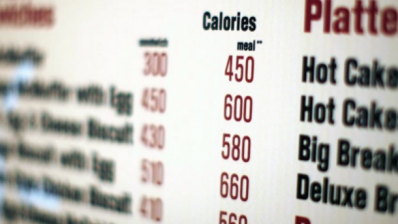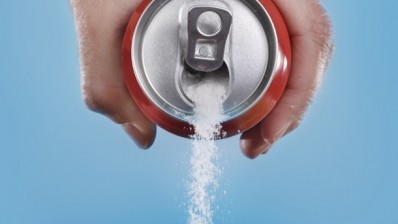Sugar tax
Why the ALMR is opposing the sugar tax

One such measure is the tax on soft drinks containing more than 5g of sugar per 100ml.
Government action to help promote healthy choices and lifestyles are welcome, and the sector has been working hard to help in this regard, but a tax on soft drinks is likely to incur greater costs for retailers and customers without bringing about any of the intended health benefits.
"Our concern is that the tax will do little more than increase costs without having the intended benefit"
That is why the ALMR (the Association of Licensed Multiple Retailers) has joined forces with other trade bodies in the Face the Facts, Can the Tax campaign aiming to promote alternatives to what could be a disastrous tax for the sector.
A study by Oxford Economics shows that introducing the tax would see a reduction in sales of sugar-sweetened drinks of just 1.6%. However, costs incurred throughout the supply chain could see around 4,000 jobs put at risk, potentially costing the UK economy £132m.
The sugar tax is intended to tackle public obesity and promote healthier attitudes, yet there is a very real danger that it will not do that. Our concern is that the tax will do little more than increase costs without having the intended benefit. Pubs, bars and restaurants have been hard at work pushing healthier options on their menus, reformulating dishes and reducing calories as well as making sure that customers are presented with nutritional information.
These ongoing efforts from the sector to promote healthier attitudes and responsible consumption of food and drink are not helped but threatened by the imposition of costly taxes that merely deplete the resources available to businesses to make the necessary investments.
This tax does not target sugar itself and the same policy introduced in Mexico did not halt the rise in soft drinks sales or lead to improved health outcomes.
The Government should think again before imposing a harmful new burden on a vital and growing industry, not least at a time when other pressures on the sector – from employment, property, bureaucratic and other costs - are being exacerbated by uncertainties arising from post-Brexit economic and commercial uncertainties.






